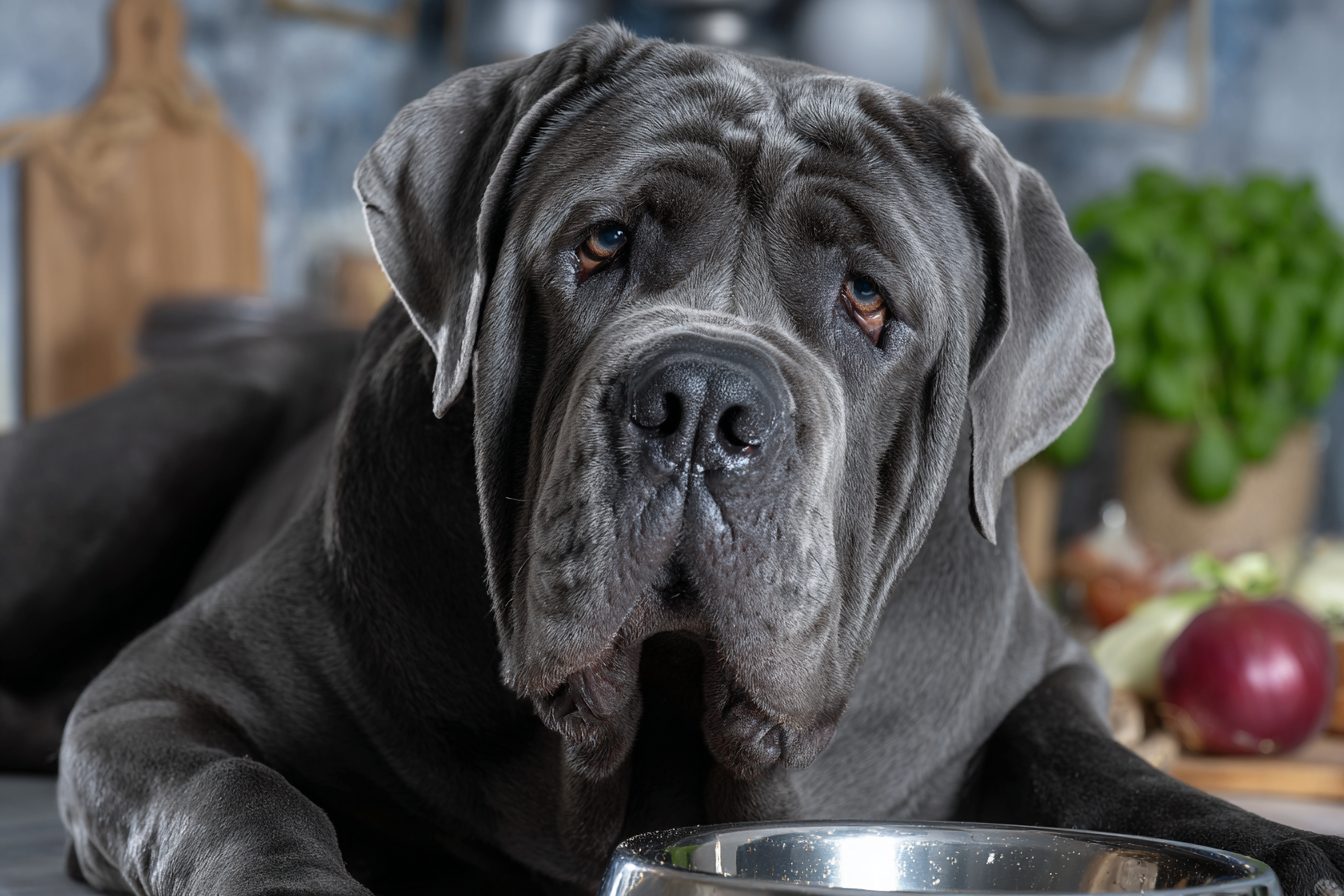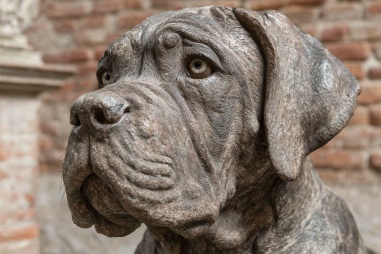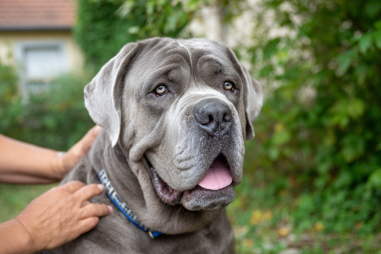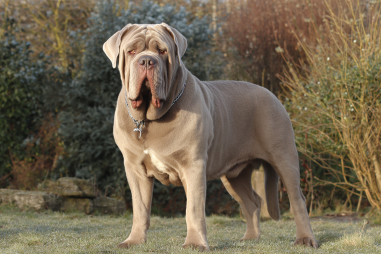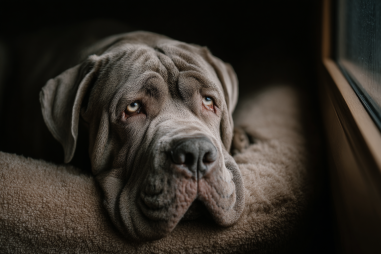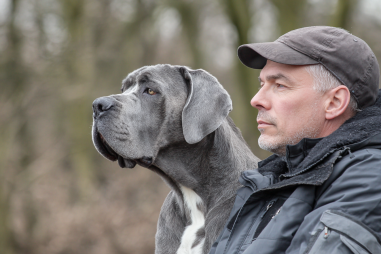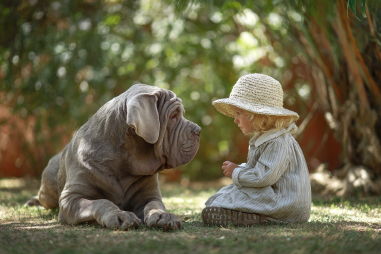Feeding a Neapolitan Mastiff is more than just filling a bowl; it’s about ensuring optimal health, supporting their massive frame, and enhancing their longevity. These gentle giants require a carefully balanced diet that addresses their unique nutritional needs, helping them stay strong and vibrant throughout their lives. Whether you’re a new pup parent or looking to refine your furry friend’s feeding plan, understanding what to feed, when, and how much is key to their overall wellbeing.
Understanding Neapolitan Mastiff Nutritional Needs
Neapolitan Mastiffs are a giant breed known for their impressive size, muscular build, and powerful bone structure. Their nutritional needs reflect these physical attributes. Protein is essential to support muscle growth and maintenance, while adequate fat provides the energy necessary for daily activities and maintaining healthy skin and coat. Additionally, controlled levels of carbohydrates help supply sustained energy without leading to excessive weight gain.
Because of their large frame and slower metabolism compared to smaller breeds, it’s crucial to provide a nutrient-dense diet that supports steady growth and prevents obesity. Overweight Neapolitan Mastiffs are at a higher risk for joint issues and heart problems, so feeding practices should focus on balanced nutrition paired with regular exercise.
Lastly, vitamins, minerals, and antioxidants are vital to support immune function and joint health. Calcium and phosphorus must also be regulated carefully, particularly in puppies, to ensure proper bone development and prevent future skeletal problems.
Recommended Types of Food: Dry, Wet, Raw
When selecting food for your Neapolitan Mastiff, you’ll find several options, each with its advantages:
Dry Food (Kibble)
High-quality dry dog food is often the go-to choice for many Mastiff owners. It tends to have a balanced nutrient profile fortified with vitamins and minerals, and it’s convenient, affordable, and has a long shelf life. Look for kibble formulated specifically for large or giant breeds, ensuring it contains adequate protein (around 22-28%) and moderate fat content (10-15%). Larger kibble size can also encourage chewing and dental health.
Wet Food
Wet food offers great palatability and hydration benefits, which can be helpful for picky eaters or older dogs with dental challenges. It’s typically higher in protein and moisture but can be more expensive and spoil faster once opened. Incorporating wet food as part of a mixed diet can add variety and entice your dog to eat more enthusiastically.
Raw Diet (BARF)
Some owners prefer feeding their Neapolitan Mastiff a raw diet, often called BARF (Bones And Raw Food), which includes raw meat, bones, fruits, and vegetables. This diet mimics what dogs’ ancestors ate and can provide excellent protein levels and nutrient absorption. However, it requires careful planning to ensure nutritional balance and must be managed to prevent bacterial contamination. Consulting with a veterinary nutritionist before starting a raw diet is highly recommended.
Tips on Portion Sizes and Feeding Schedule
Portion control is critical to maintaining a healthy weight for your Neapolitan Mastiff. Overfeeding can lead to obesity and exacerbate joint and heart health issues. The amount your dog needs depends on age, activity level, metabolism, and the type of food offered.
As a general rule, adult Neapolitan Mastiffs typically consume between 5 to 7 cups of food per day, divided into two meals. Puppies need more frequent feedings—up to four meals daily initially, tapering down to two by six months of age—to support proper growth without stressing their developing digestive systems.
Maintaining a consistent feeding schedule helps regulate digestion and prevents overeating. Feeding twice daily, once in the morning and once in the evening, aligns well with their natural rhythms and helps prevent binge eating or begging behaviors.
Foods to Avoid for Safety
While feeding your Neapolitan Mastiff, it’s important to keep certain foods off their plate, as some can be toxic or harmful to their health:
- Chocolate and caffeine: Contain compounds toxic to dogs, potentially causing vomiting, seizures, or even death.
- Grapes and raisins: Can lead to kidney failure.
- Onions and garlic: Affect red blood cells, causing anemia.
- Alcohol: Extremely toxic and can depress the central nervous system.
- High-fat foods and bones: Can cause pancreatitis or intestinal blockages, especially in giant breeds.
- Raw dough: Can expand in the stomach, causing pain and potentially life-threatening issues.
- Salt and sugary foods: Should be avoided to prevent dehydration and other health complications.
Additionally, avoid sudden diet changes and table scraps, as these can upset your dog’s digestive system and contribute to unhealthy weight gain.
Supplements and Treats
Occasionally, supplements can play a supportive role in your Neapolitan Mastiff’s diet, particularly for joint health and immune support. Glucosamine and chondroitin are commonly recommended supplements to help maintain cartilage health and ease joint mobility in this large breed prone to arthritis.
Omega-3 fatty acids from fish oil supplements also promote a healthy coat, reduce inflammation, and support cardiovascular health. However, always consult your veterinarian before introducing supplements to ensure they’re appropriate and dosed correctly.
When it comes to treats, opt for healthy, low-calorie options, and limit the amount to avoid excess calorie intake. Natural treats such as small pieces of carrot, apple (without seeds), or commercial treats formulated for large breed dogs are excellent choices. Treats can also be used strategically for training and rewarding good behavior.
Signs of Poor Nutrition and Adjustments
Keeping an eye on your Neapolitan Mastiff’s condition can help detect nutritional problems early. Common signs that their diet may need adjustment include:
- Poor coat condition: Dull, dry, or thinning fur can indicate a lack of essential fatty acids or vitamins.
- Weight fluctuations: Sudden weight loss or gain may point to imbalanced feeding or health issues.
- Low energy or lethargy: Could suggest deficiencies or inadequate calories.
- Digestive troubles: Frequent vomiting, diarrhea, or constipation signal that their diet may not agree with them.
- Joint stiffness or lameness: Nutritional inadequacies or excessive weight can exacerbate joint problems.
If you notice any of these symptoms, consult your veterinarian. They may recommend changing food types, adjusting portion sizes, or adding supplements. Regular check-ups and body condition scoring are effective tools for monitoring your dog’s health over time.
Feeding your Neapolitan Mastiff the right diet is a vital step to ensuring they lead a healthy, comfortable life. By understanding their unique nutritional needs, choosing quality foods, managing portions wisely, avoiding harmful items, and watching for signs of imbalance, you’re setting your companion up for years of happiness and vitality. Remember, each dog is unique, so tailoring the feeding plan with your vet’s guidance is the best approach to nurturing your gentle giant’s extraordinary health.

